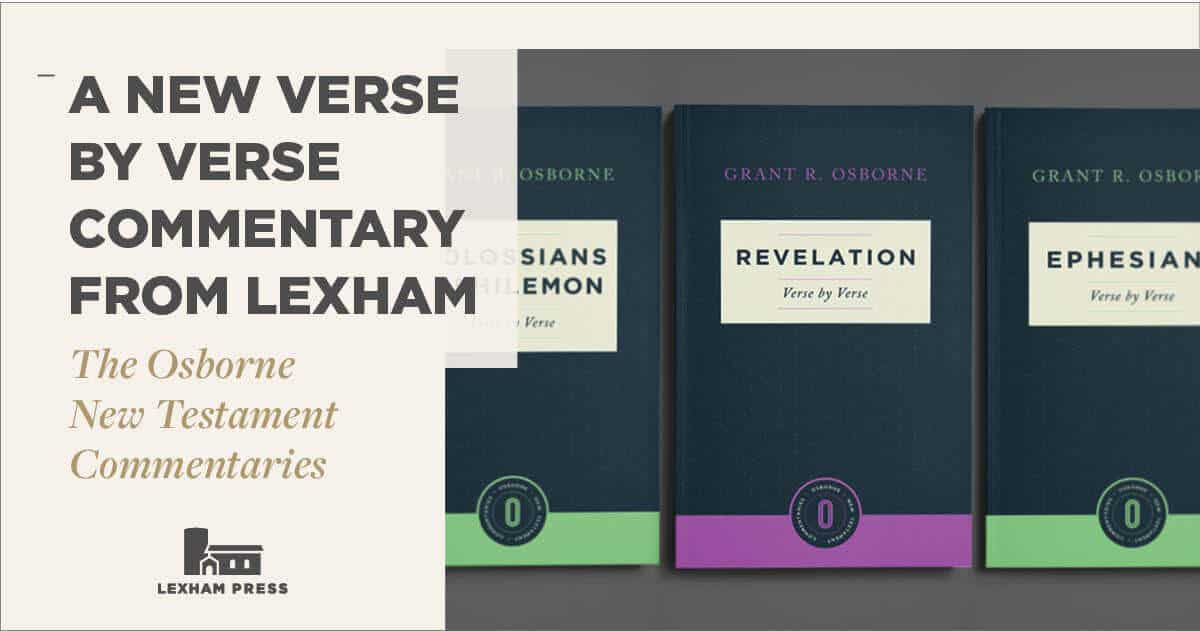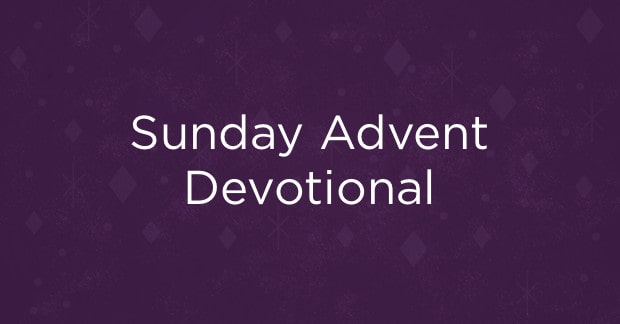Last week, we announced a new verse-by-verse commentary series from respected biblical scholar Grant Osborne. As a culmination of his life’s ministry, Osborne is bringing his theological acumen to an accessible, application-focused commentary. The Osborne New Testament Commentaries are for people seeking a straightforward explanation of the text in its context, avoiding both oversimplification and technical complexity. Osborne brings out the riches of the New Testament, making each book accessible for pastors and all who consider themselves students of Scripture.

John Blesses the Reader and the Heeder (Revelation 1:3)
The seven beatitudes, or blessings, in the book are linked to the ethical purpose of the visions, with some challenging to persevere and live exemplary lives (Rev 1:3; 16:15; 22:7) and others promising future rewards for doing so (Rev 14:13; 19:9; 20:6; 22:14). The meaning of “blessed are” is the same as in the Sermon on the Mount (Matt 5:3–12): “God blesses those who . . . .” The emphasis is on reading the prophecies in a church setting. The “reader” refers to the official reader in the service. In the second century, this person was a church officer, and in synagogues there were five readers for festivals and seven for the Sabbath. At times a rabbi would read a passage and then preach on it like Jesus did in Luke 4:16–30. The important thing to note is that this book was treated as Scripture from the start. It is sad that in many churches today the reading of Scripture is falling by the wayside. I have even heard it said that we must limit oral reading because Scripture is boring! We are dealing with the only eternal truth we have—the Word of God! We must recover the privilege and excitement of letting God speak in our services by reading his written Word as an act of worship.
The second divine blessing in this verse falls on those who listen and live by the exhortations. This dual injunction to hear and keep occurs often in the NT (e.g., John 4:42; 8:38; 12:47; 14:23–24). In this book it is a key formula in the seven letters—“Let the one who has an ear hear what the Spirit says” (2:7, 11, 17, 29; 3:6, 12–13, 21–22)—and occurs frequently elsewhere (3:3; 12:17; 14:12; 16:15; 22:7, 9). We persevere by remaining faithful to God’s required lifestyle. These visions are not cute stories or imaginative fictions meant to entertain. This is a prophetic book of comfort (to the saved) and warning (to the unsaved) that calls the saints to accountability. Moreover, it is not enough just to “hear” these truths; until one “keeps” or obeys them, the Christian is disobedient to God and headed for judgment.
The reason for the special seriousness of this injunction is because “the time is near.” As in verse 1, the emphasis is on the imminence of the final events of human history. In fact, the book is framed by warnings regarding the imminent eschaton (end times; here and in 22:10). The nearness of the Lord’s return appears frequently in the NT as a call to live responsibly toward God and Christ. Since Christ could appear at any minute, we must live decisively and completely for God.
* * *
The first six volumes in the Osborne New Testament Commentaries are now available for pre-order—get these accessible, application-focused commentaries today!





